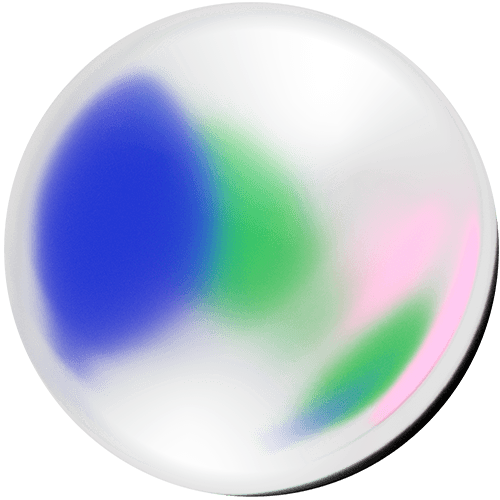
3-4 February 2025
Owkin & Servier AI Hackathon for Glioblastoma Research
3-4 February 2025
Servier & Owkin AI Hackathon for Glioblastoma Research
We are bringing together top talent to tackle the challenges of glioblastoma research during a 2-day hackathon in Paris supported by the French Government as part of the AI Action Summit.
The goal of this hackathon is to advance glioblastoma research through the use of AI and cutting-edge patient data including single cell and spatial omics.
Governed by a non-profit foundation, Servier is a global leader in oncology. Servier approaches innovation with a long-term vision and enable the Group to fulfill its vocation as a Group committed to therapeutic progress to serve patient needs. As such, Servier devotes 70% of its R&D budget to oncology, in particular rare cancers with no or few therapeutic alternatives to date.
Owkin is the first end-to-end AI biotech company on a mission to understand complex biology and ensure every patient gets the right treatment.
Partners
This event is organized by Owkin in partnership with Servier and with the support of the MOSAIC initiative, 10x Genomics, AWS, and the French Government.
Do you want to support the hackathon? Get in touch with us directly to learn more about our sponsorship opportunities.
The challenge
Advance glioblastoma research using multimodal data
For the first time, Owkin will provide access to a subset of the data generated by the MOSAIC initiative. This includes data from 75+ glioblastoma patients (H&E, whole exome sequencing, bulk RNA-seq, single-cell RNA-seq, spatial transcriptomics and clinical data) treated by debulking surgery followed by adjuvant therapy as per the standard of care.
The challenge is to use the multimodal dataset to develop a project that seeks to advance research in areas such as the underlying biology of GBM, prediction of patient survival, or challenges associated with batch effect and the visualization of spatial and multiomics data.
Glioblastoma is one of the most challenging cancers
A highly heterogeneous disease whose biology remains deeply complex and poorly understood. Despite over 400 clinical trials since 2005, progress has been limited, underscoring the urgent need for new approaches. Today, with advanced datasets and AI tools, we have a unique opportunity to make real breakthroughs.
This hackathon will bring together creative minds to explore innovative solutions.
Event details and preliminary agenda
3 February 2025
Hackathon day 1
4 February 2025
Hackathon day 2
Why apply to compete?
Who can apply?
We are looking for up to 100 participants including:
- Data scientists and interdisciplinary researchers with expertise in analyzing molecular and imaging data (e.g. transcriptomics, spatial omics, digital pathology), as well as running survival prediction tasks. Expertise in GBM is not required but is a plus.
- Biologists / physicians who have expertise in GBM and an understanding of molecular and imaging data.
Participants will work in diverse teams of up to five experts, with the winning team earning the opportunity to continue their research and publish results in collaboration with Owkin.
You can either apply as an individual (to be placed in a team) or as a predefined team.
Examples of relevant profiles:
- AI/ML researcher
- Data scientist
- Computational biologist
- Neuro-oncologist / Neuro-pathologist
- GBM biologist
- Others





